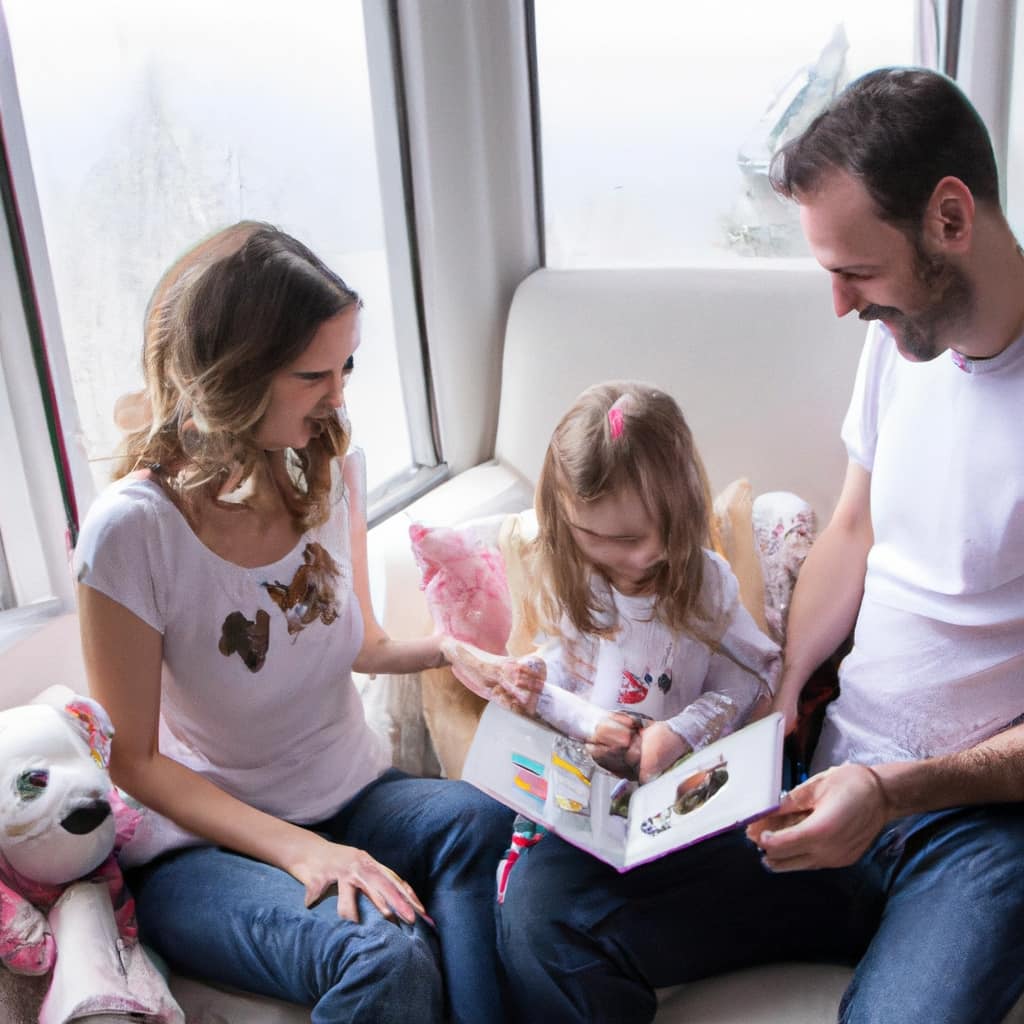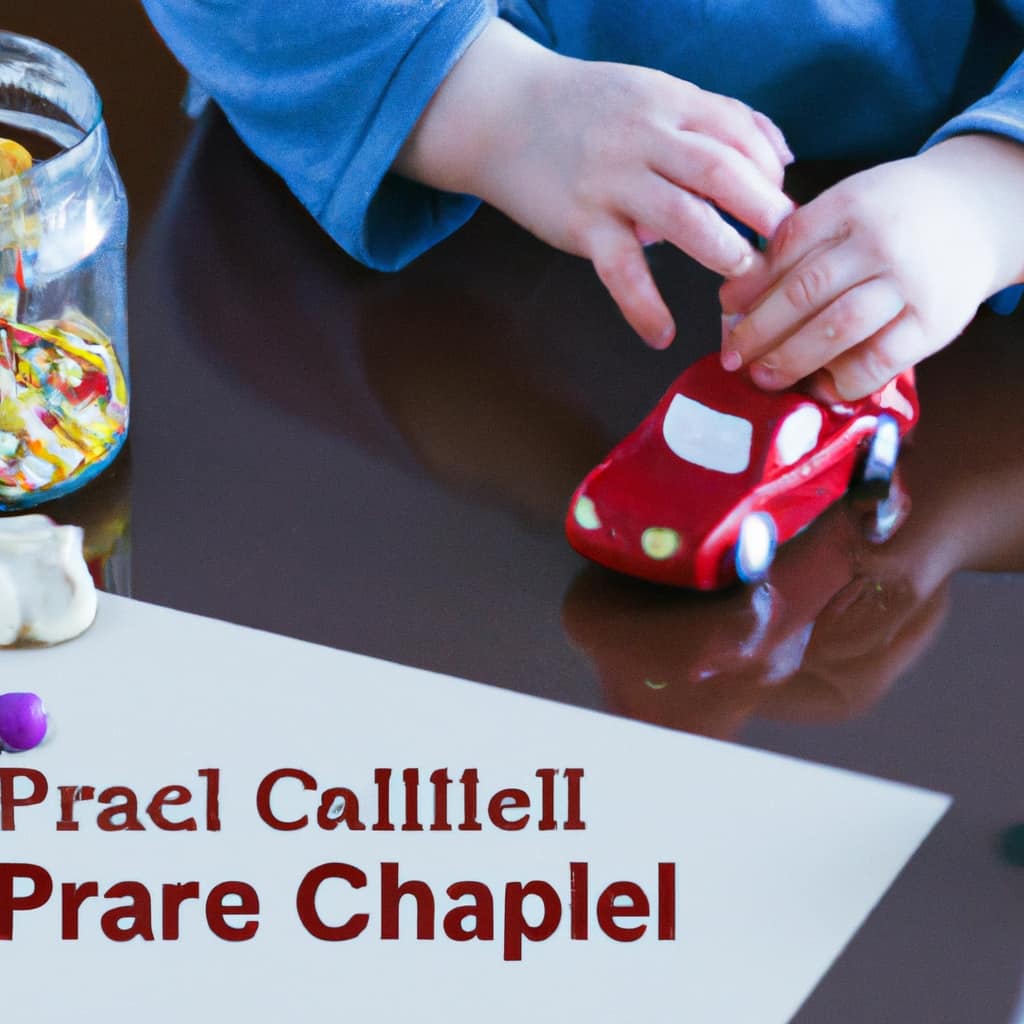Engaging your child in play through talking, singing, and pretending is crucial for their language growth. By encouraging activities like singing songs, mimicking gestures, and role-playing, you help your child develop vocabulary, pronunciation, and social skills. These playful interactions make learning fun and boost their confidence. When you focus on these activities, you’re laying a strong foundation for their communication skills. Keep exploring these methods to see how they support your child’s progress.
Key Takeaways
- Play activities like talking, singing, and pretending are essential for early language skill development.
- Gesture imitation helps children understand non-verbal cues and connect actions with words.
- Singing repetitive songs introduces new vocabulary and boosts memorization and pronunciation skills.
- Pretend play encourages language use, expands vocabulary, and develops social and expressive communication.
- Engaging in playful interactions builds confidence and supports both receptive and expressive language growth.

Language development begins early in a child’s life, and play is a critical way they learn to communicate. When you engage your child in activities like talking, singing, and pretending, you’re helping them build foundational skills that will support their language growth. One of the key ways children develop these skills is through gesture imitation. By watching you wave hello, nod, or point to objects, they start mimicking these gestures, which is an essential step in understanding non-verbal communication. As they imitate gestures, they also begin to connect actions with words, paving the way for vocabulary expansion. For example, when your child sees you clap your hands and then claps themselves, they’re associating the action with the word “clap.” This process not only enhances their understanding but also encourages them to use gestures intentionally, laying the groundwork for more advanced language skills.
Engaging in singing and rhythmic activities further boosts vocabulary expansion. When you sing songs with repetitive phrases and simple words, your child repeatedly hears and practices new vocabulary in a fun, memorable context. Songs like “The Wheels on the Bus” or “Twinkle, Twinkle, Little Star” introduce them to words related to actions, objects, and feelings, reinforcing their understanding through melody and repetition. Singing also creates a shared experience that motivates your child to participate actively, encouraging them to imitate sounds and words. This active participation strengthens their oral language skills and increases their confidence in using new vocabulary.
Pretending play is another powerful tool for language development. When your child engages in role-playing activities, such as pretending to cook in a toy kitchen or care for a doll, they use language to simulate real-life scenarios. During these moments, you can introduce new words related to the pretend situation, which your child can then incorporate into their vocabulary. As they narrate their actions or respond to your prompts, they practice constructing sentences and using words in context. This imaginative play also helps children understand social cues and develop their expressive language skills. To maximize these benefits, encourage their pretend scenarios, ask open-ended questions, and introduce relevant vocabulary naturally into the play.
Additionally, understanding that gesture imitation is a foundational step in language learning underscores how important these playful interactions are for building communication skills. Ultimately, play activities like gesture imitation, singing, and pretending are more than just fun—they’re essential for your child’s language development. They create opportunities for meaningful interaction, reinforce new vocabulary, and help your child learn how to express themselves effectively. By actively participating in these playful moments, you support your child’s journey toward becoming a confident communicator.
Frequently Asked Questions
How Does Play Influence Bilingual Language Development?
Play greatly influences bilingual language development by encouraging natural language use and social interaction. Through activities like code switching during play, you help children navigate both languages seamlessly. Language immersion in playful contexts boosts vocabulary and fluency, making learning fun and engaging. When kids pretend and role-play, they practice real-life conversations, strengthening their bilingual skills. This active involvement fosters confidence and deeper understanding of both languages, supporting their overall language growth.
What Are the Best Age-Appropriate Activities for Language Growth?
To promote language growth, choose age-appropriate activities like storytelling techniques that engage your child’s imagination and encourage vocabulary expansion. For toddlers, read simple books together and ask questions to spark conversation. As they grow, introduce role-playing games and singing songs to enhance their language skills. These activities keep your child engaged, foster communication, and support their overall language development in a fun, interactive way.
How Can Parents Encourage Shy Children to Speak More?
Encouraging shy children to speak more involves creating a supportive environment where they feel safe. You can boost their confidence by using storytelling, making it fun and engaging. Gently encourage them to share their stories or ideas without pressure. Celebrate their efforts and listen patiently. Over time, this approach helps shy kids feel more comfortable expressing themselves, fostering their language growth and confidence in social interactions.
What Role Does Cultural Background Play in Language Play?
Cultural background influences how children engage in language play by shaping their exposure to cultural storytelling and language diversity. You can encourage this by sharing stories from their heritage and celebrating different languages. This helps children appreciate their cultural roots, boosts their confidence, and fosters curiosity. By integrating diverse stories and language experiences, you create a rich environment that supports their language development and cultural identity.
How Does Technology Impact Language Learning Through Play?
Imagine technology as a double-edged sword, shaping your child’s language learning through play. It offers vibrant worlds for digital literacy, sparking curiosity and expanding vocabularies. But beware of excessive screen time, which can drown out rich, real-life interactions. When used mindfully, technology becomes a playful bridge, enhancing language skills and creativity, turning screens into colorful canvases for your child’s expressive journey.
Conclusion
As you see, play is essential for language growth. Engaging in talking, singing, and pretending helps children develop their vocabulary and communication skills. Did you know that children who participate in regular pretend play are 30% more likely to have advanced language abilities? By encouraging these activities, you’re supporting their development in a fun and meaningful way. Keep fostering your child’s imagination and conversations — it’s a powerful step toward their future success.










